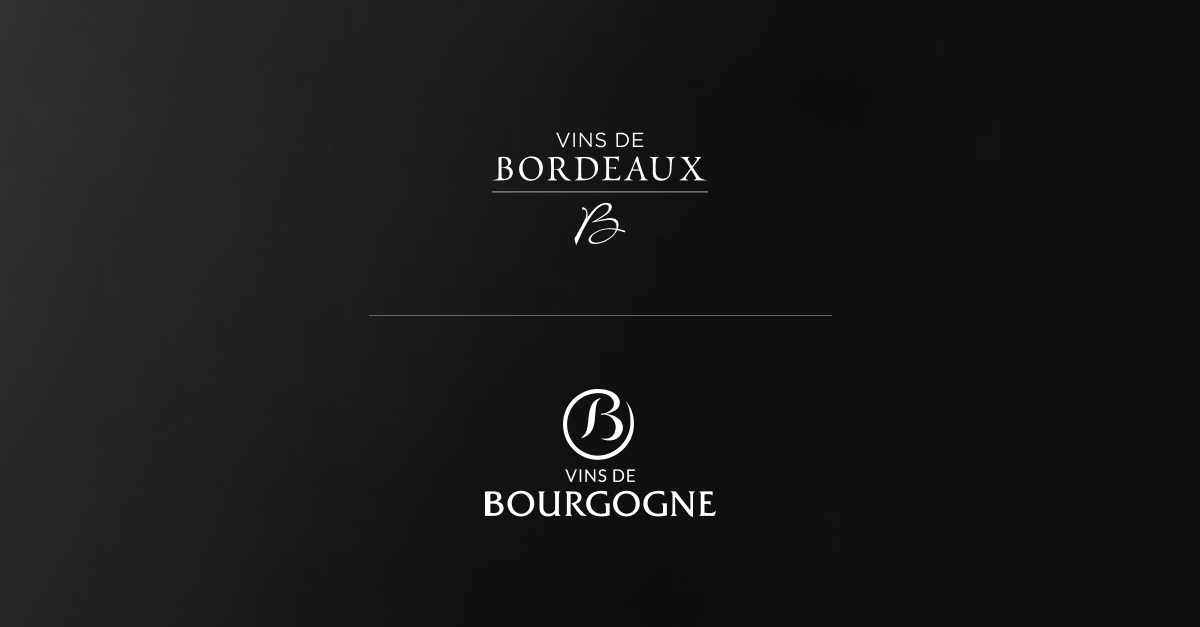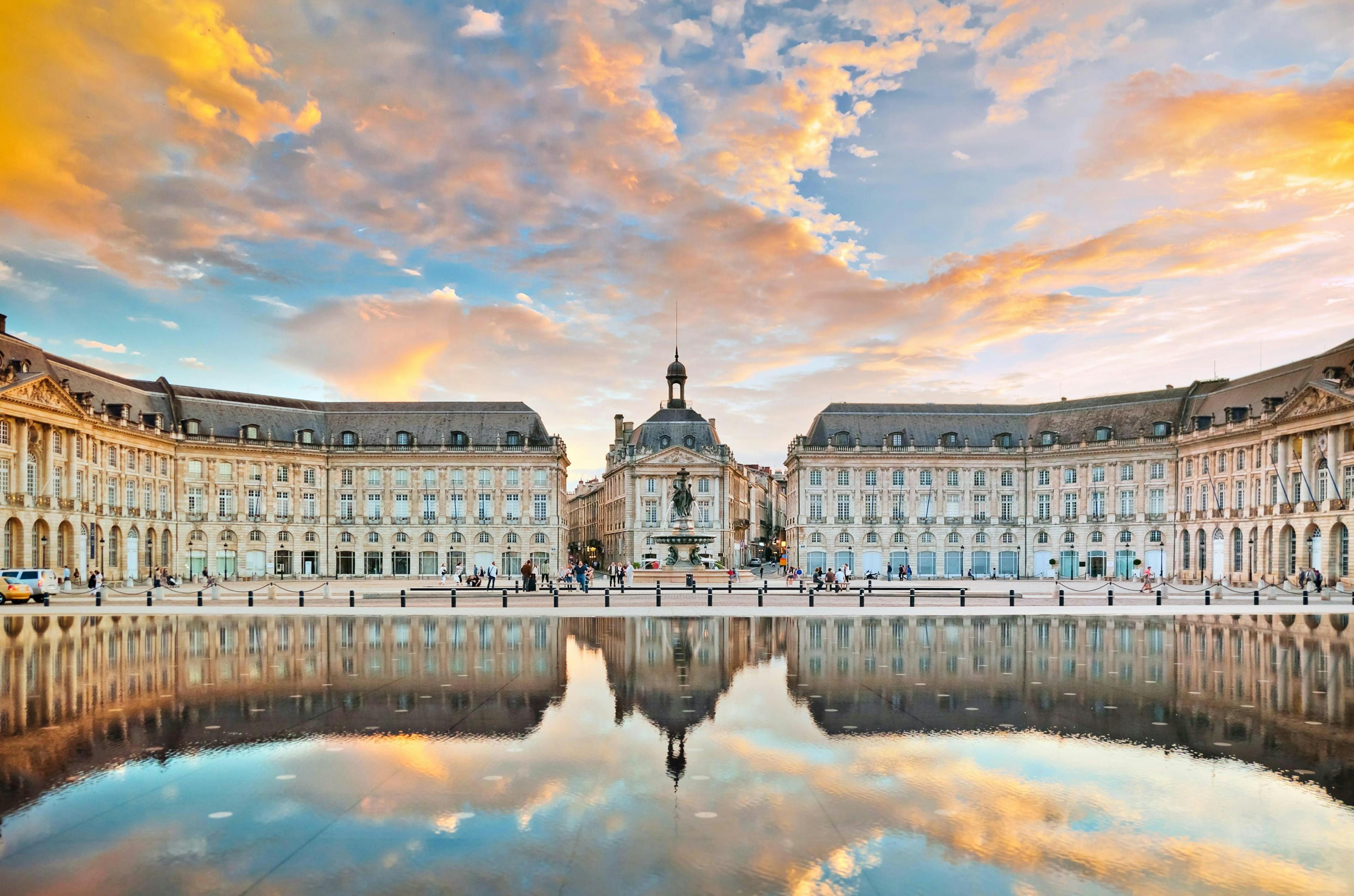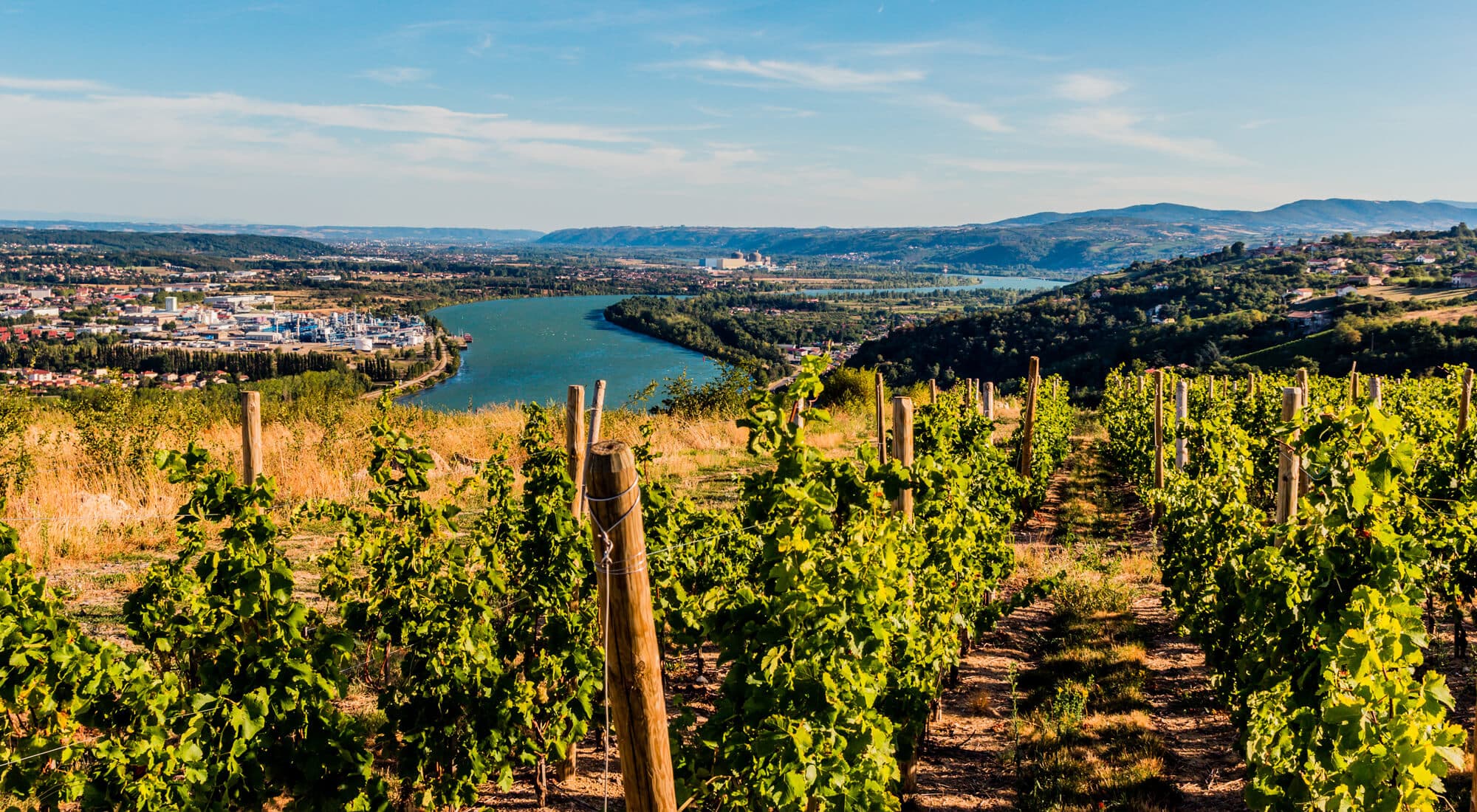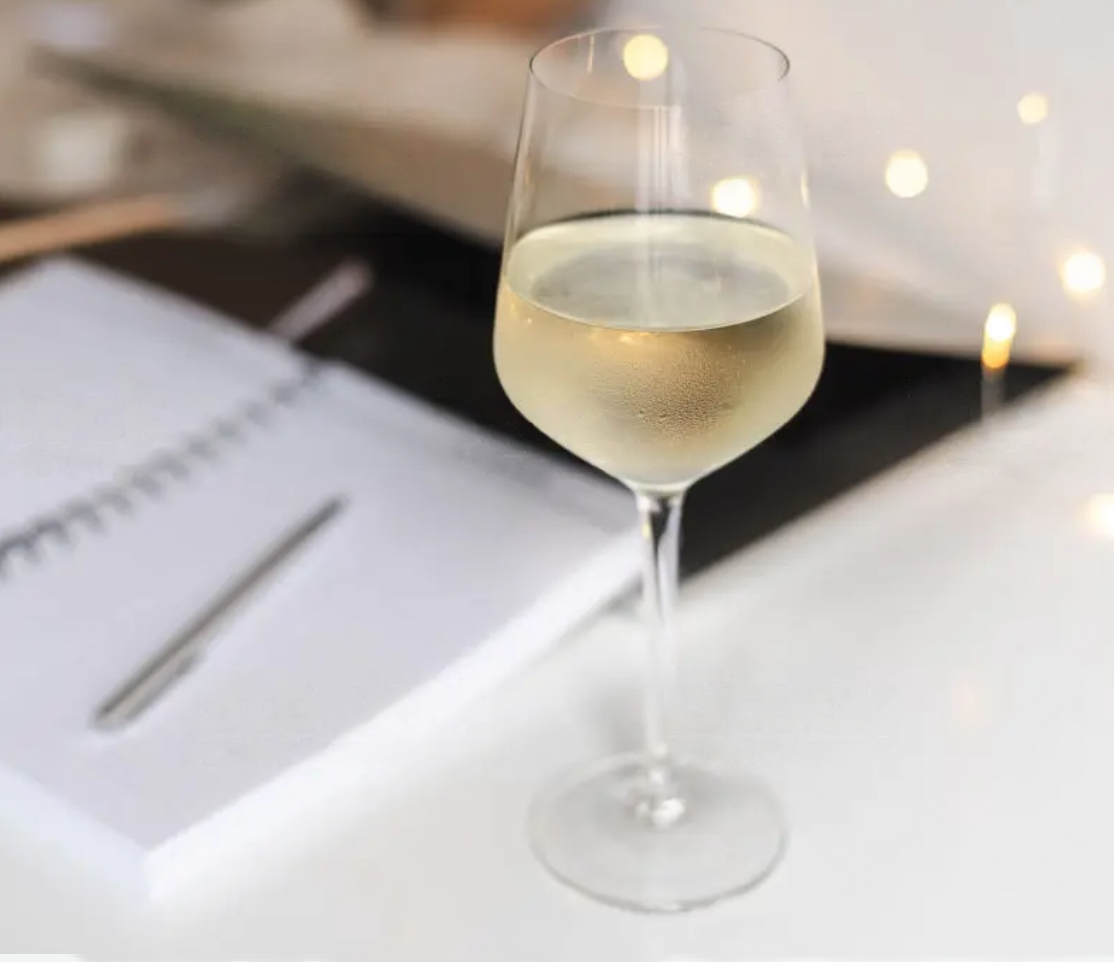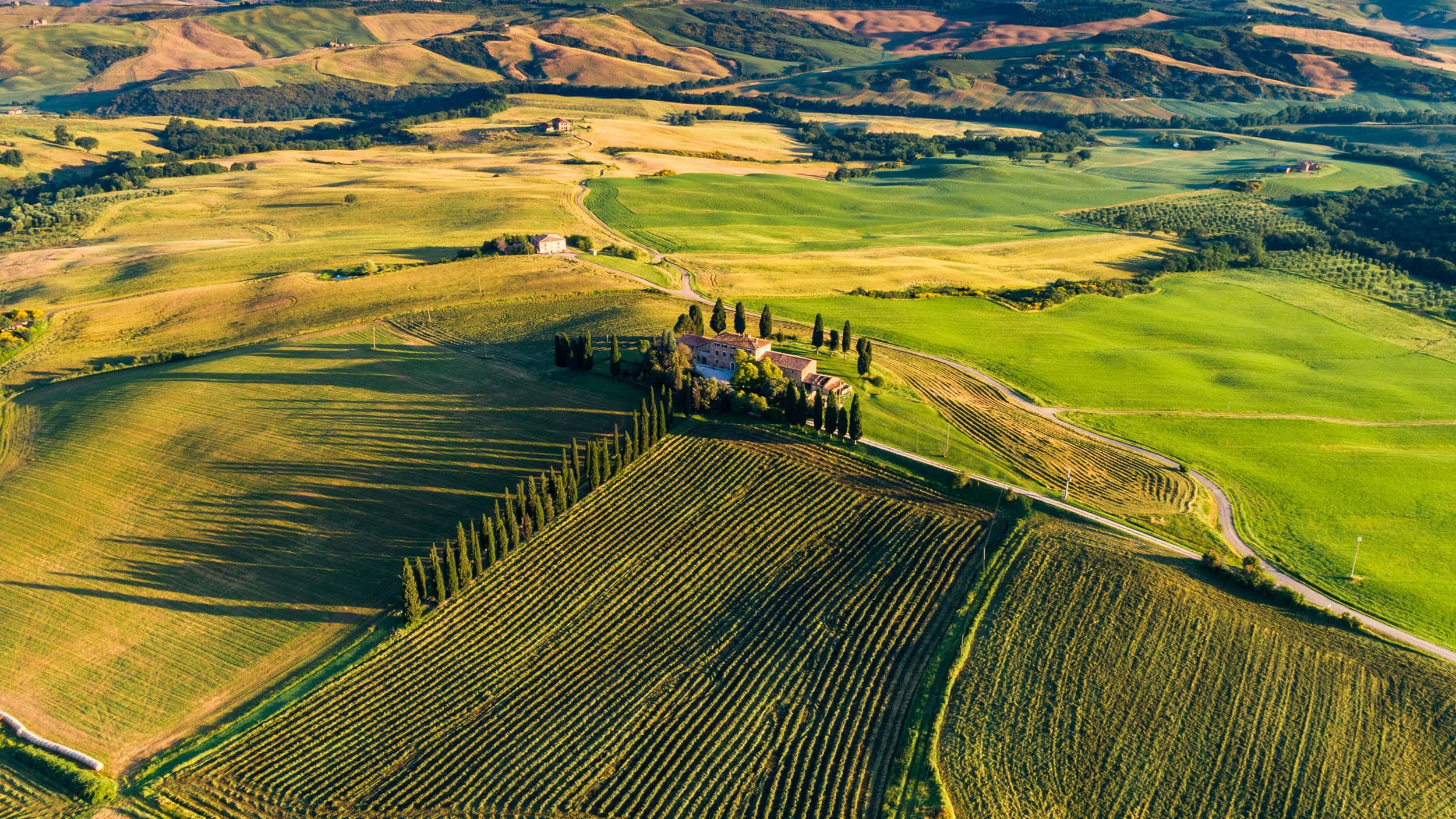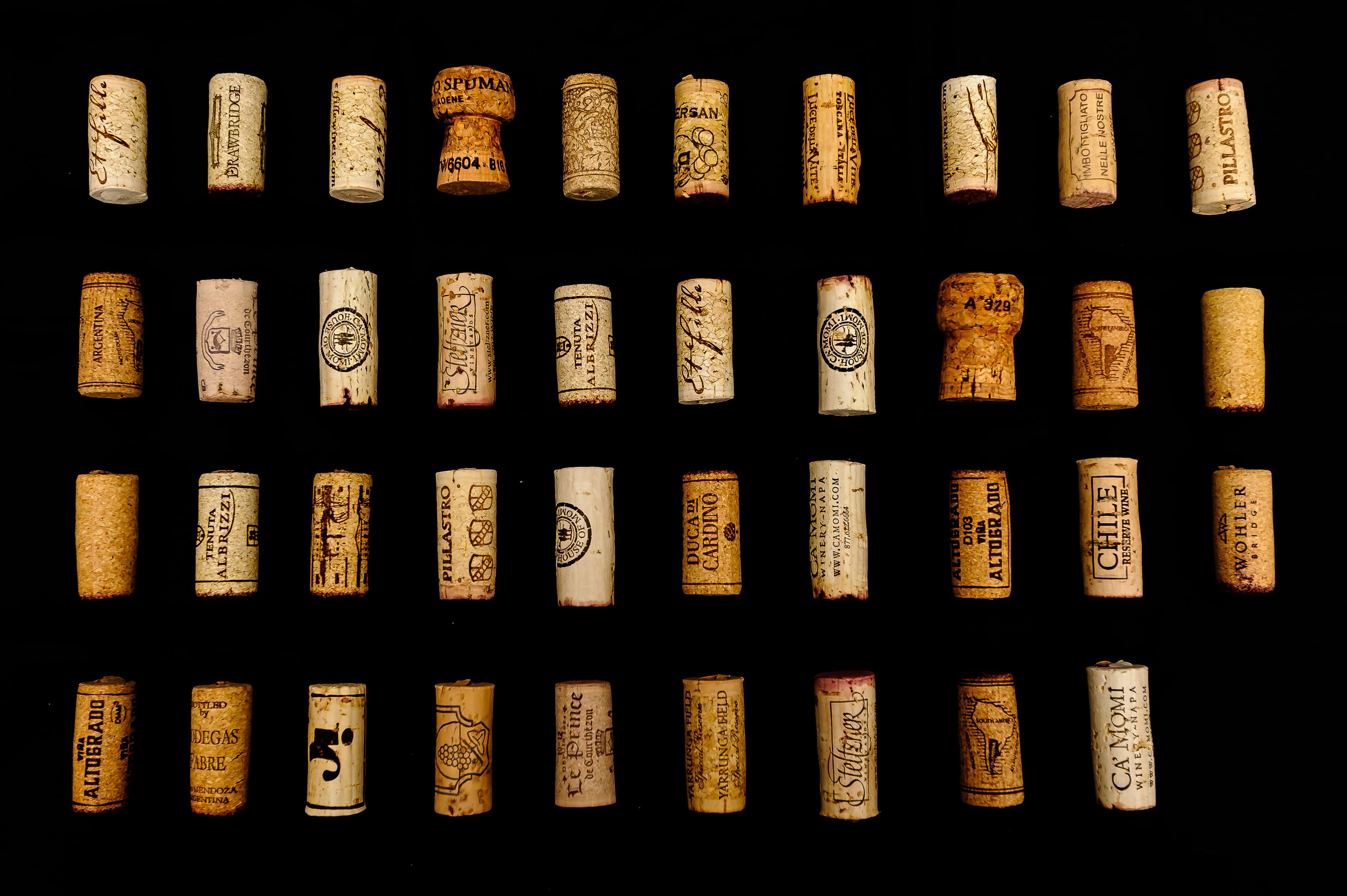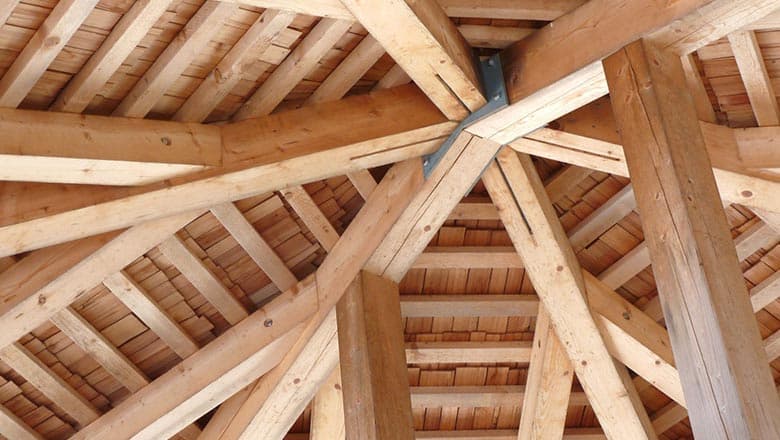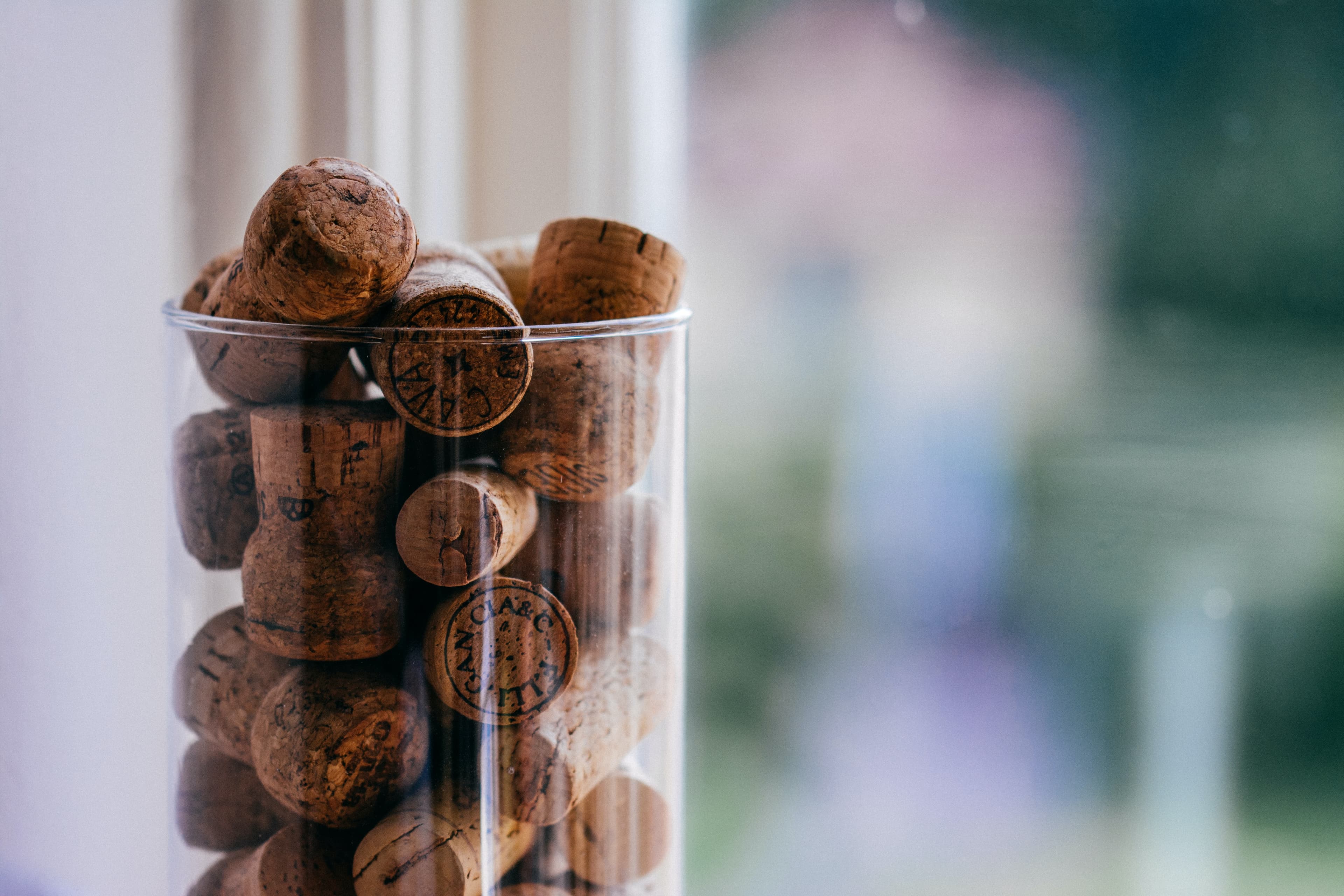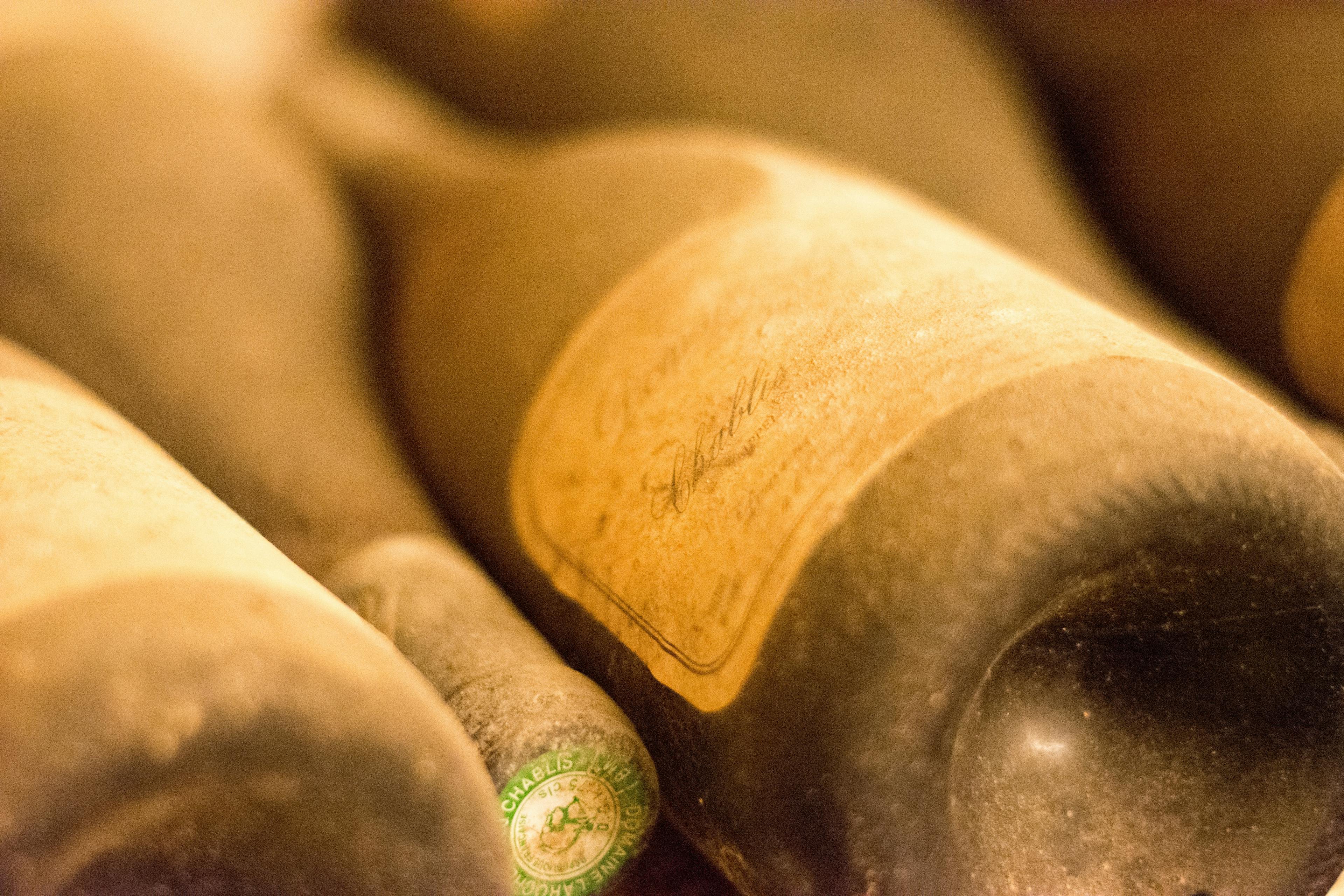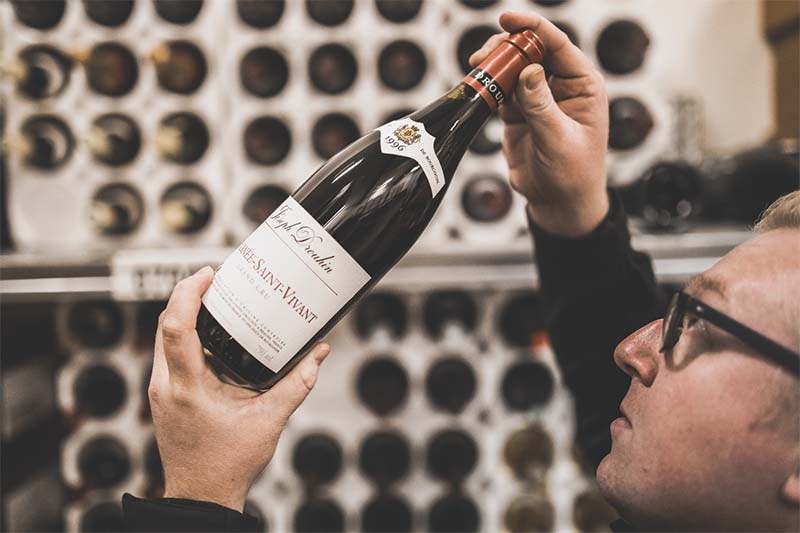
Nestled in the heart of Burgundy, France, the esteemed Clos de Tart is synonymous with exceptional winemaking. This historic vineyard, established in the 12th century, has been producing some of the world's most coveted wines for centuries. The craftsmanship behind Clos de Tart is a blend of tradition and innovation, ensuring each vintage reflects the unique terroir and heritage of the region. In this article, we delve into the meticulous processes and the passionate people behind this iconic estate, exploring how their dedication to quality has sustained its prestigious reputation over the years.
The Vineyard: Care and Maintenance Practices
Clos de Tart, a prestigious Burgundy vineyard, is renowned for its meticulous care and maintenance practices that ensure the production of high-quality grapes. The vineyard team employs a combination of traditional techniques and modern technology to optimize vine health and fruit quality.
Soil Management: The health of the vines starts with the soil. Regular analysis helps in determining the precise nutrients needed. Organic composts are often used to enhance soil fertility without the use of harsh chemicals.
Pruning Techniques: Pruning is critical in controlling vine growth and ensuring that the plants' energy is directed towards producing a limited number of high-quality grapes. This practice also helps in maintaining the desired vine structure and promotes better sunlight exposure and air circulation.
Pest Control: Integrated pest management strategies are implemented to minimize the impact of pests and diseases. These include the use of natural predators and barriers rather than relying solely on chemical treatments.
Water Management: Irrigation is carefully managed to ensure vines receive the optimal amount of water. This is particularly crucial in managing stress and promoting balanced growth during dry periods.
For more detailed facts about Clos de Tart, including its unique microclimate and historical significance, exploring dedicated resources can provide deeper insights.
Harvesting Techniques: Timing and Selection
Harvesting techniques at Clos de Tart are meticulously planned to ensure the grapes reach their peak taste. Timing and selection are critical components that significantly influence the final product's quality. The vineyard's unique microclimate and soil composition dictate the optimal moment for harvest, which can vary slightly each year based on weather conditions.
Timing: The decision on when to harvest is guided by both sugar levels and acidity in the grapes, aiming for a perfect balance that reflects the terroir's characteristics. This precise timing helps preserve the natural flavors and enhances the wine's complexity.
Selection: Workers handpick the grapes, selecting only the best fruit. This labor-intensive process ensures that underripe or overripe grapes do not compromise the wine's flavor profile. Each cluster is scrutinized, and only those that meet strict criteria are chosen for production.
These practices contribute to the high standards of Clos de Tart, where each step in the vineyard is a testament to the dedication and expertise of its team. The result is a wine that not only reflects its origin but also stands out for its exceptional quality and depth.
The Fermentation Process Explained
The fermentation process at Clos de Tart is a meticulous blend of tradition and innovation, crucial for crafting their renowned wines. This stage begins with the careful selection of grapes, which are harvested at optimal ripeness to ensure the highest quality. Once collected, the grapes undergo sorting to remove any that are not up to standard, preserving only the best for fermentation.
In the fermentation tanks, natural yeast present on the grape skins initiates the fermentation. This method, known as spontaneous fermentation, is preferred because it reflects the true character and terroir of the vineyard. Temperature control is vital during this phase, as it influences the flavor and stability of the wine. The winemakers at Clos de Tart expertly manage this aspect to foster the development of desired aromas and tastes.
For those interested in the deeper history of Clos de Tart, the fermentation process is just the beginning. It intertwines with aging and bottling, each step adding layers of complexity to the final product. This careful attention to detail ensures that each bottle of Clos de Tart is a testament to the craftsmanship and heritage of the estate.
Barrel Selection and Aging Techniques
Barrel selection and aging techniques are pivotal in defining the character and quality of Clos de Tart. The process begins with meticulous wood selection, primarily opting for French oak, which imparts subtle tannins and a complex aroma profile to the wine. Each barrel is chosen based on the grain tightness and toast level, which can significantly influence the wine's flavor and structure.
Wood Origin: Barrels are sourced from different forests in France, each known for unique wood properties that affect the wine's development.
Toasting Level: The interior of the barrels is toasted to varying degrees, from light to heavy, allowing winemakers to match the barrel's influence with the desired wine profile.
Age of Wood: Newer barrels impart more intense flavors, while older ones offer a gentler integration, creating a balanced aging process.
Properly aging wine in these barrels involves careful monitoring of the cellar conditions, such as humidity and temperature, to ensure optimal maturation. For enthusiasts looking to store their Clos de Tart at home, maintaining these conditions is crucial to preserve the wine's integrity and enhance its complexity over time.
The Role of the Winemaker in Crafting Each Vintage
The winemaker's role at Clos de Tart extends far beyond mere supervision of the fermentation process. Each vintage presents unique challenges and opportunities, demanding a deep understanding of both the vineyard's microclimate and the subtleties of the varietal. The winemaker must decide the optimal time for harvesting, ensuring that the grapes have reached their peak in flavor, acidity, and tannin balance. This decision is crucial as it sets the foundation for the quality of the wine.
Post-harvest, the winemaker oversees the crushing and pressing processes, carefully managing the maceration period to extract the desired amount of color, flavors, and tannins. Temperature control during fermentation is meticulously monitored to preserve the wine's delicate aromas and to prevent any unwanted bacterial activity.
Aging the wine is another critical aspect where the winemaker's expertise is paramount. Decisions regarding the type of oak barrels used, the duration of aging, and the timing of bottling all influence the final product. Each of these steps is tailored to enhance the wine's complexity and ensure it pairs well with a variety of food pairings.
Monitoring soil health and vine development throughout the year
Adjusting vineyard practices based on weather conditions
Experimenting with new techniques to improve wine quality
Sustainability Practices in Viticulture
Sustainability practices in viticulture are crucial for maintaining the health of vineyards and the quality of wine. At Clos de Tart, these methods are deeply integrated into every aspect of production. They employ organic farming techniques, which avoid synthetic pesticides and fertilizers, enhancing soil fertility and vine health naturally.
Cover crops are strategically planted between vine rows to prevent soil erosion, improve organic matter, and promote biodiversity. This not only supports a healthier ecosystem but also improves grape quality, which is essential for enjoying Clos de Tart wines. Water management practices are meticulously applied, utilizing drip irrigation systems to minimize water usage while ensuring vines receive the hydration they need.
Additionally, Clos de Tart focuses on reducing carbon footprints by using renewable energy sources and implementing energy-efficient technologies in their winemaking process. These efforts collectively ensure that the vineyard not only produces exceptional wines but also contributes positively to environmental sustainability. Through these practices, Clos de Tart sets a benchmark for responsible winemaking in the Burgundy region.
Quality Control Measures Throughout Winemaking
Quality control is paramount in the winemaking process at Clos de Tart, ensuring that each bottle reflects the prestigious reputation of this historic vineyard. From the selection of grapes to the final bottling, meticulous steps are taken to maintain the integrity and flavor of the wine.
Vineyard Monitoring: The journey begins in the vineyard, where viticulturists closely monitor vine health and soil conditions. They employ sustainable practices to manage pests and diseases, which helps preserve the natural ecosystem and ensures high-quality grape production.
Harvesting Techniques: Grapes are handpicked with precision to guarantee that only the best fruit makes it to the press. Timing is crucial; picking too early or too late can significantly affect the wine's acidity and sugar levels.
Fermentation Control: Temperature-controlled fermentation allows for optimal yeast activity, which is essential for developing the wine's complex flavors and aromas. Regular sampling during this stage helps in making adjustments that fine-tune the fermentation process.
Aging and Storage: The wine is aged in carefully selected oak barrels, which contribute to its character and complexity. The cellar conditions are rigorously controlled to ensure consistent aging, preventing any undesirable variations in taste or quality.
Each step is critical to serve Clos de Tart at its best, reflecting the dedication and expertise that define this esteemed winery.
Innovations in Wine Production at Clos de Tart
Clos de Tart, a renowned Burgundy winery, has consistently embraced innovative techniques to enhance the quality and distinctiveness of its wines. This commitment is evident in several key areas of their wine production process.
Precision Viticulture: Advanced technology is used to analyze soil and vine health, ensuring that each vine receives exactly what it needs for optimal growth. This approach helps in maintaining the balance of flavors in the grapes.
Sustainable Practices: The winery has implemented sustainable farming methods that not only preserve the natural environment but also improve the grape quality. These practices include organic farming and the use of natural composts, which enrich the soil without the addition of harmful chemicals.
Barrel Innovation: Experimentation with different types of oak and varying periods of barrel aging allows Clos de Tart to fine-tune the tannin levels and aromatic profile of their wines, tailoring the end product to achieve a perfect balance.
Yeast Management: By cultivating their own yeast strains, the winery can ensure a consistent fermentation process that is tailored to their specific grape varieties and characteristics.
These innovations not only highlight their dedication to quality but also contribute to the unique profile of Clos de Tart wines, making each bottle a true representation of its origin.
The Art of Blending Different Barrels
The art of blending different barrels at Clos de Tart is a meticulous process that ensures each bottle of wine achieves a harmonious balance of flavors and aromas. This revered winery, known for its exceptional Burgundy wines, carefully selects oak barrels that complement the unique characteristics of their grapes. Each barrel imparts distinct notes, such as vanilla, spice, or toast, which contribute to the complexity of the final blend.
During the blending process, the winemaker evaluates the wine from each barrel, considering factors like tannin structure, acidity, and fruit expression. The goal is to craft a wine that not only stands out for its individuality but also maintains the consistency and quality Clos de Tart is known for. This involves a series of tastings and adjustments to determine the perfect proportion of wine from each barrel.
For those interested in exploring some of the most popular vintages from Clos de Tart, the blending process plays a crucial role in their acclaim. Each vintage reflects the careful integration of different barrels, showcasing the winery's dedication to excellence in every bottle.
Packaging: Combining Tradition and Innovation
Clos de Tart, a renowned winery, masterfully blends tradition with innovation in its packaging, reflecting its prestigious heritage and forward-thinking approach. The winery's bottles are a testament to this synthesis, featuring classic Burgundy shapes that honor the region's winemaking history. However, these traditional forms are enhanced with modern touches, such as UV-protective glass that preserves the wine's quality and extends its shelf life.
The labels on Clos de Tart wines also demonstrate this dual approach. They maintain a minimalist elegance with a focus on the winery's iconic logo, yet incorporate contemporary design elements. This includes the use of high-quality paper and state-of-the-art printing techniques that ensure durability and a luxurious feel.
Capsules: The capsules blend security with aesthetic appeal, utilizing tamper-evident materials that also enhance the overall presentation.
Cork: Each cork is carefully selected for its ability to provide optimal sealing, sourced from sustainable forests to align with environmental commitments.
Through these packaging elements, Clos de Tart not only protects its exceptional wines but also communicates its unique blend of historical reverence and innovative spirit.
Conclusion
In conclusion, the meticulous craftsmanship behind Clos de Tart not only highlights its storied history but also underscores the dedication to quality and tradition that defines this esteemed vineyard. Each bottle of Clos de Tart is a testament to the skilled winemakers who blend time-honored techniques with modern innovations to create some of the world's most coveted wines. This commitment to excellence ensures that each vintage not only reflects the unique terroir of the region but also continues to elevate the vineyard's prestigious reputation.
For enthusiasts and collectors looking to invest in fine wines like those from Clos de Tart, Rekolt offers a seamless solution that preserves the integrity and value of these exquisite wines. Our professional cellar storage option ensures optimal conditions for aging, while our marketplace platform facilitates easy trading and reselling. By choosing Rekolt, you are not only securing a piece of winemaking heritage but also investing in a service that supports the longevity and appreciation of your collection. Whether you're a seasoned collector or a new enthusiast, Rekolt provides the perfect blend of security, accessibility, and expertise to enhance your fine wine experience.
Share this article
